I'm starting to play the piano: 10 indispensable tips for beginners!
Learning to play the piano can be very rewarding, but it requires sufficient commitment and practice. Pianos Maene is pleased to list 10 tips for beginners that we hope will inspire and help you play the piano.
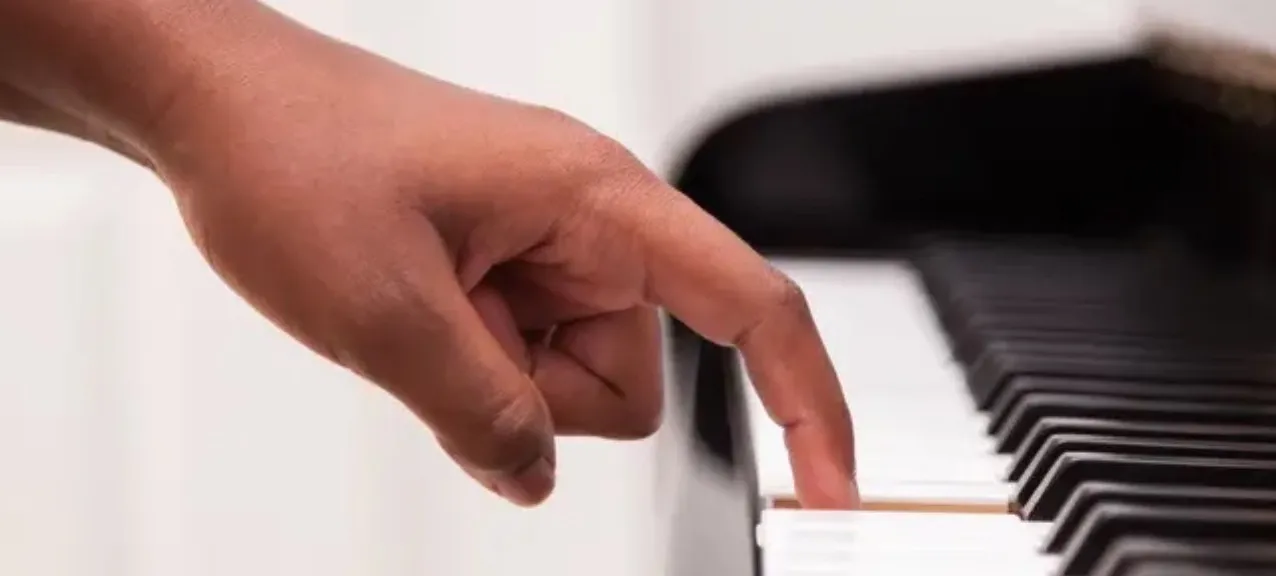
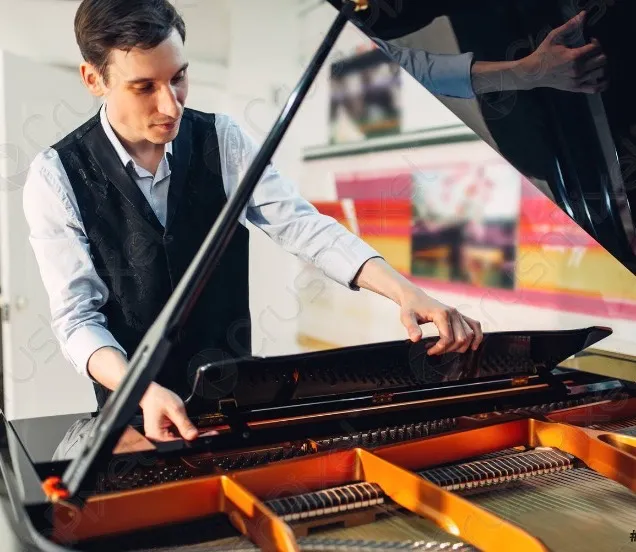
1. Choose an instrument
Choosing a piano is not easy. Every piano is different. Whether you choose an acoustic or a digital piano, a quality instrument can give you a lot of inspiration and encourage you to play. It also contributes to the further development of your piano playing and will enhance your learning experience, enjoyment and success. It is important to take time, inform yourself well and invest in an instrument that suits you and your needs and desires.
Read more about choosing an instrument in this blog post.
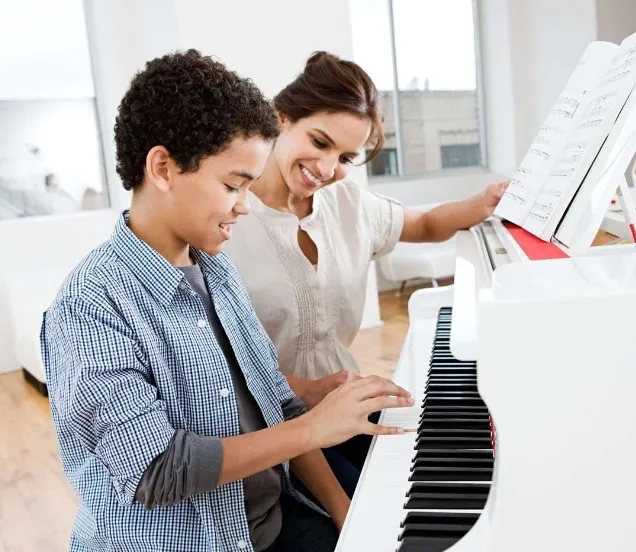
2. Take piano lessons, in real life or online
Piano lessons with a teacher and online lessons or teaching methods each have their own advantages. According to your own preferences, needs and circumstances, you can make a choice.
Piano lessons with a teacher have the great advantage that you get personalized feedback every lesson. Your teacher guides you through the learning process and adapts his lessons to your specific needs and skill level, which is very helpful for beginners. You can also ask questions and thus expand your knowledge. Because your regular attendance at lessons can also motivate you to practice enough.
In turn, online music lessons or self-study has the advantage of giving you more flexibility. You can practice and take lessons at your convenience. There are numerous online resources, ranging from video lessons to interactive apps and courses, suitable for different learning styles and music styles.
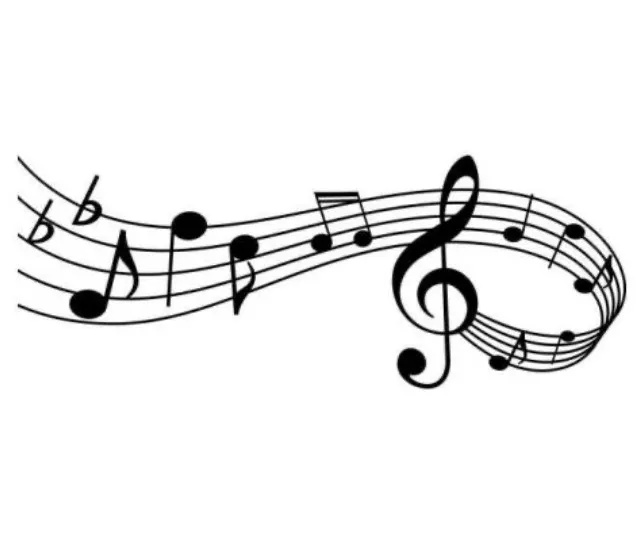
3. Learning solfège: yes or no?
Do you need solfège to learn to play the piano? No. But can it help you? Absoolut! If you can read notes, it will help you understand music better. It also gives you much more choice in finding the music you really like to play. There are numerous databases and websites that offer free or paid sheet music in standard notation, from pop music to classical music! That way you can easily get started yourself.
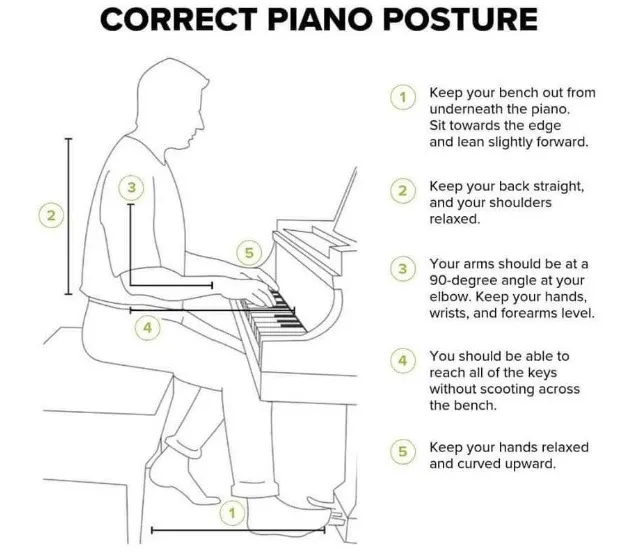
4. Adopt the right piano posture
Good posture is essential when playing the piano. Not only does it have a positive impact on the technical skill and expressiveness of the music, but it also contributes to the pianist's comfort and health. Proper posture reduces physical tension and helps prevent injury.
It is a fundamental aspect that every pianist, beginner or advanced, must pay attention to in order to improve his playing. You teacher will certainly be able to help you with this and give the right advice.
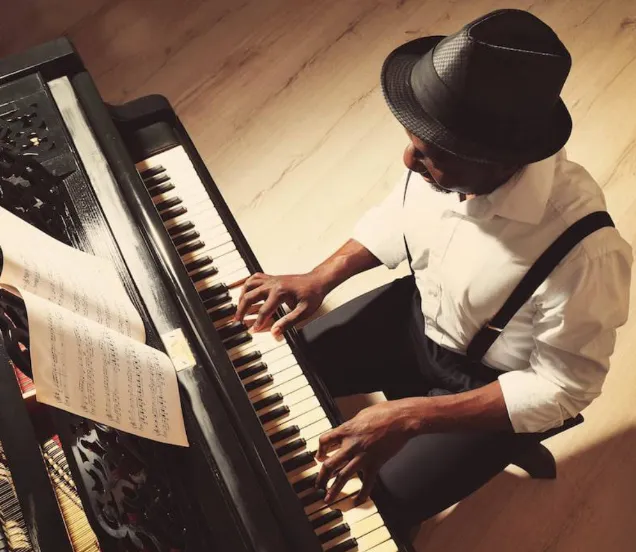
5. Practice regularly
The power of repetition! Regular practice will help you develop your technique, musicality and coordination between your left and right hands faster. It helps for building physical stamina and prevents skill loss, allowing you to enjoy the pleasure of making music more.
Practicing for twenty minutes every day works better because of this than practicing for an hour and a half once a week. Regularity is the key to learning to play the piano well!
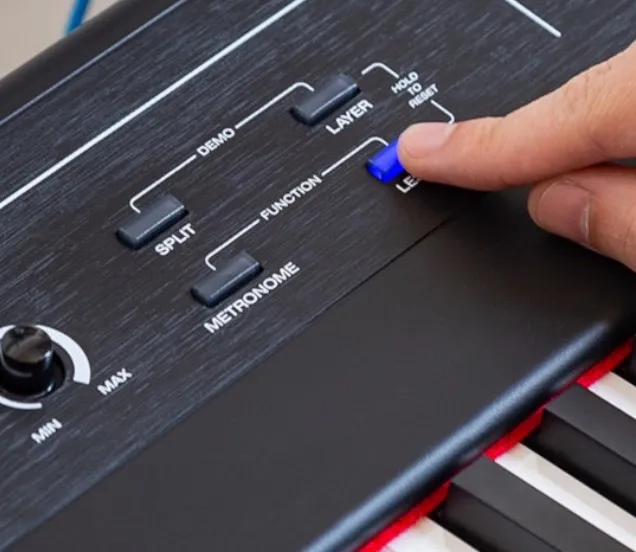
6. Use a metronome
Playing the piano fluently is often one of the biggest challenges for a beginning (and even advanced) pianist. You may recognize it, automatically slowing down when playing difficult passages and your left and right hands not moving equally fast across your piano keyboard.
A metronome is a device that tells you a tempo by taps. In addition to traditional mechanical metronomes, there are electronic devices and apps for on a smartphone or tablet. In digital pianos, there is always a metronome built in. Using a metronome while practicing gives you a set rhythm that you can stick to. This will prevent you from changing tempo too much in a piece of music. You can practice the piece slowly first with the metronome and then gradually increase your tempo.

7. Stay patient, practice makes perfect
Learning to play the piano is a gradual process and patience is your best friend on this musical journey. You cannot expect to become the most virtuosic musician after a few months. Getting frustrated when something doesn't work out is something we all know, but it doesn't help us move forward.
A step-by-step plan with achievable goals can help you with this. If you are taught by a teacher, he or she will create the plan with you. Making mistakes is also part of the whole learning process. Above all, remember that you do make progress with each practice session, even though you may not always feel that way

8. Listen to piano and go to concerts
Playing piano is not just about making music yourself. As a (beginning) pianist, it is beneficial to listen to music a lot and attend concerts as well. Music gives you inspiration, improves your own playing and helps you discover new interpretations.
Listening to others also has a positive effect on your own motivation and strengthens your emotional connection to music. So, nothing but benefits!
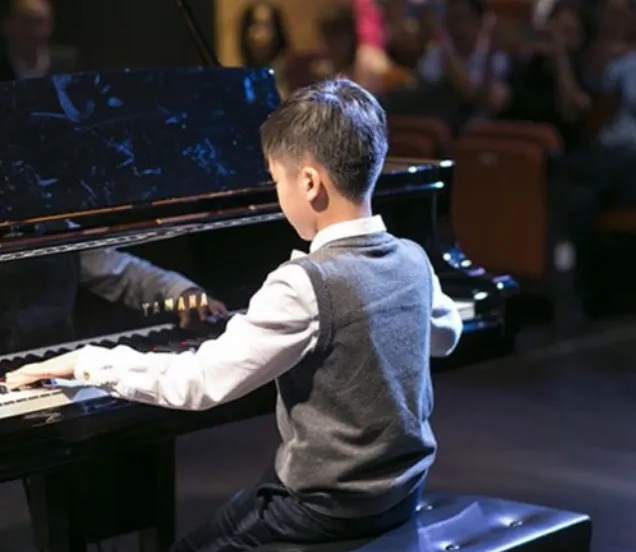
9. Play piano for other people
Would you like to play the music you have practiced for so long to friends and family? That's a good idea!
The more you play for others, the less nervous you will be at your next concert. Also, you will get a lot of warmth and enthusiasm from your audience which will give you even more motivation to practice piano. So take part in class concerts from time to time if you take lessons in a music school and enchant your friends and family with the music you bring.

10. Maintain your piano
To keep your piano in top condition, first of all, it is important to play the instrument enough. This will keep all the parts moving.
In addition, if you have an acoustic piano, it is important to have your instrument tuned annually. A piano becomes detuned due to temperature changes, change in humidity and sunlight. This can be taken into account which will make your instrument less likely to detune, but the instrument will not maintain its tuning either way. Tuning the instrument will not only make the piano sound beautiful again, but it is at the same time a prerequisite to maintain the quality of the instrument.

